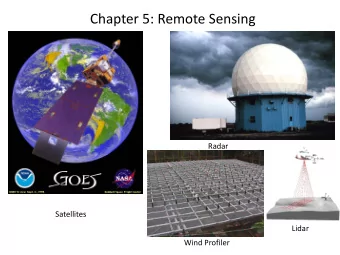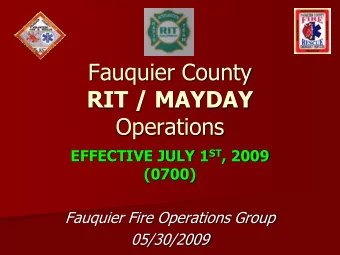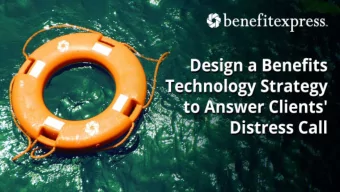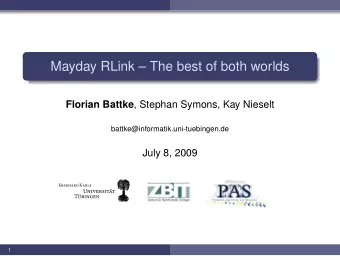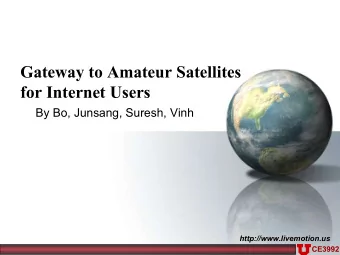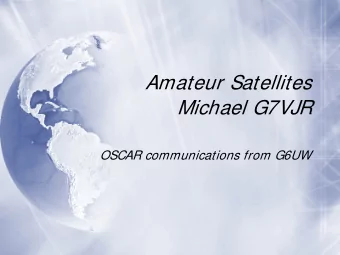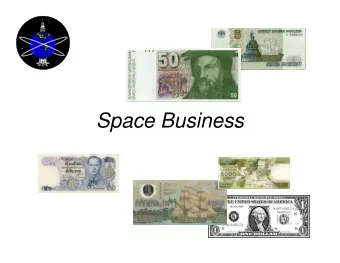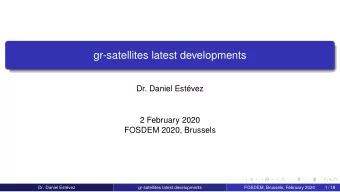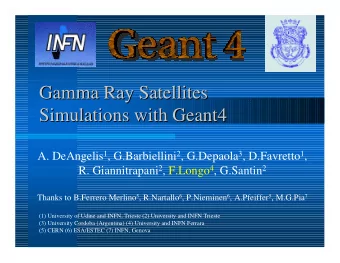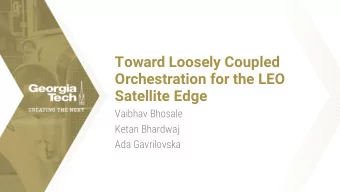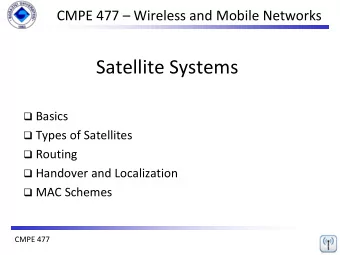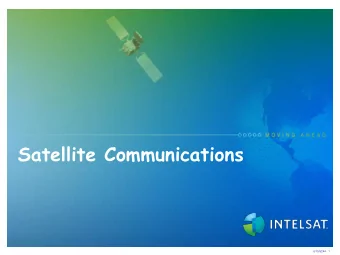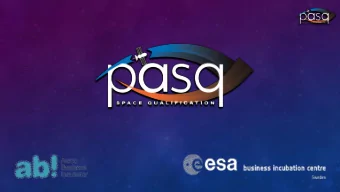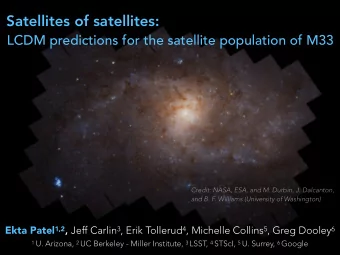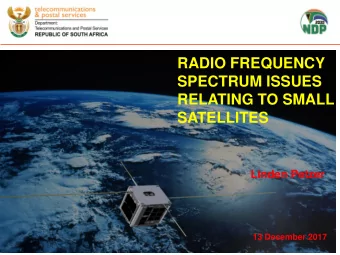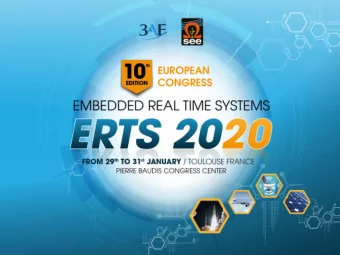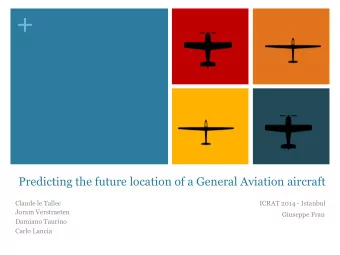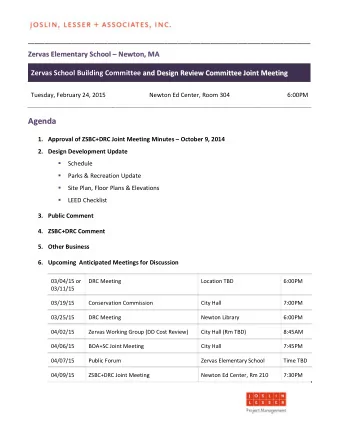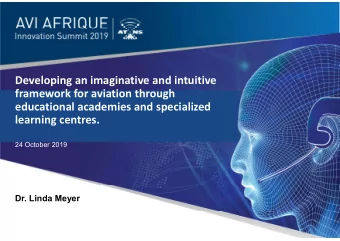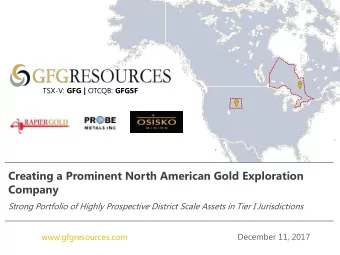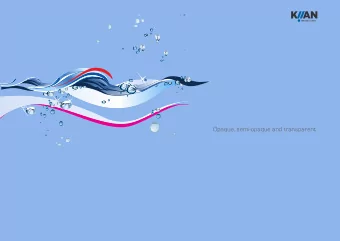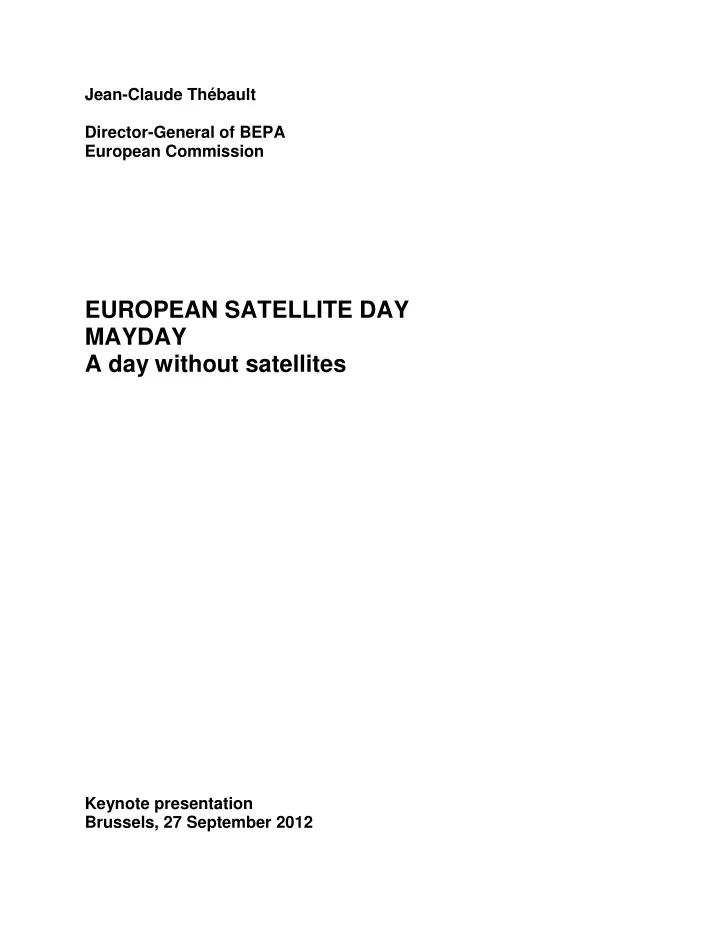
EUROPEAN SATELLITE DAY MAYDAY A day without satellites Keynote - PDF document
Jean-Claude Thbault Director-General of BEPA European Commission EUROPEAN SATELLITE DAY MAYDAY A day without satellites Keynote presentation Brussels, 27 September 2012 Ladies and gentlemen, Let me begin by thanking you for your invitation
Jean-Claude Thébault Director-General of BEPA European Commission EUROPEAN SATELLITE DAY MAYDAY A day without satellites Keynote presentation Brussels, 27 September 2012
Ladies and gentlemen, Let me begin by thanking you for your invitation to speak here today on ‘Satellite Day’. The choice of the Director -General of BEPA, the Commission think-tank as it is known, was by no means a natural one. As it happens, in February 2011, I had the honour of representing President Barroso at the European Space Port in Kourou on the occasion of Ariane’s 200th flight, when it delivered the ATV to the International Space Station. That event brought home to me two facts which deserve greater public awareness: - First, Europe is increasingly seen as a major space power on a par with its Russian and American competitors. In fact we are currently the only ones capable of resupplying the ISS. - Second, Europe is now the undisputed world leader in the launching of satellites. We owe that positi on to the United States’ refusal in 1973 to launch the Symphonie telecommunications satellite, developed by France and Germany, other than for experimental purposes, which resulted in Europe’s decision to seek an independent route for access to space. Europe thus learned the hard way that it was essential to be able to launch its satellites whenever it wanted. This led to the creation of the European Space Agency, the development of the different versions of Ariane and the new Vega launcher. Kourou is another vital link in this chain. I have seen at firsthand how the significant investment in the Guyanese Space Centre has made it the best space centre in the world. Now more than ever, with the deployment of the new fleet of launchers, it merits the title of European Space Port. Its right to that title was underlined when it became the site of the launch (on 21 October 2011) of the first Galileo constellation satellites, first European Union's space programme. All in all Europe can be proud of what it has built in just 30 years. But we must not get carried away with our success. We should bear in mind the mishap we experienced with Symphonie: independent space access is a precondition for any space policy.
That access is all the more vital now that European Union – the new player in Europe's space effort, thanks to the powers which the Lisbon Treaty conferred on it in the space sector- wishes to implement its own space programmes, namely: - the Galileo constellation, the future European rival of the Unit ed States’ GPS, Russia’s Glonass and soon China’s BeiDou satellite navigation systems; - the GMES (Global Monitoring for Environment and Security) Programme, a pioneering initiative aimed at tackling climate change and harnessing sustainable development. These two programmes lay at the heart of our European space policy, which is one of the components of our Europe 2020 strategy for smart, sustainable and inclusive growth. Major challenges lie ahead: while the successes achieved since the first Ariane launch (more than 30 years ago -1979) far exceed the most optimistic forecasts, the growing competition from emerging countries and established space powers forces us to stick to the fundamentals which have allowed the European space industry to ensure Euro pe’ s unparalleled reputation on the international stage. Based on the knowledge I have gained in my current post and my experience of working in the European Commission, I would now like to add a final thought on the subject of time. Your sector is one where the time constants are long and the results of decisions are seen several years later. I would like you to remember that the successes we see today, on Satellite Day, are the direct consequence of policy decisions taken by Europe 30 years ago. We must therefore be fully aware that the strategic decisions we take today - decisions that require courage in a time of crisis, decisions that are almost visionary by nature – are indispensable to the space industry of tomorrow and to our common future as a space power. Thank you very much for your attention.
Recommend
More recommend
Explore More Topics
Stay informed with curated content and fresh updates.
